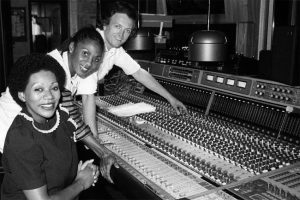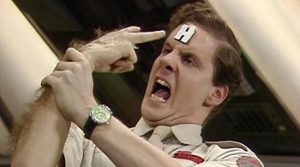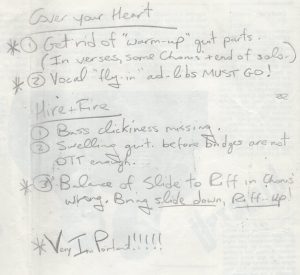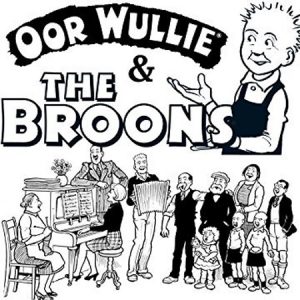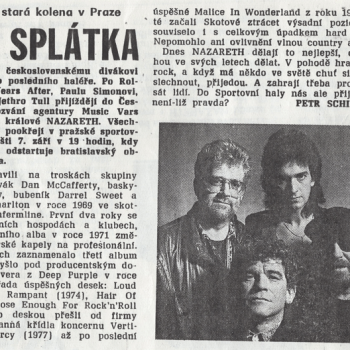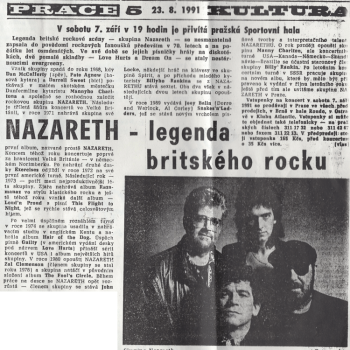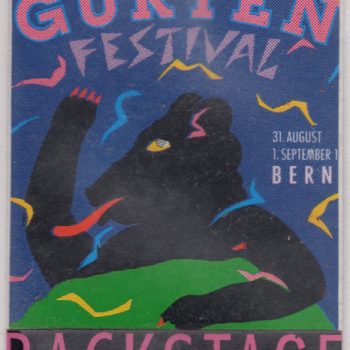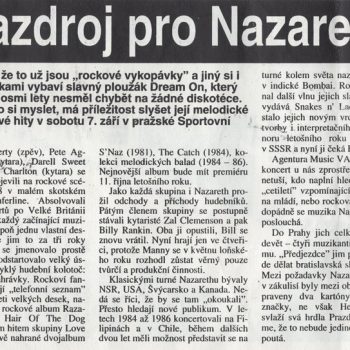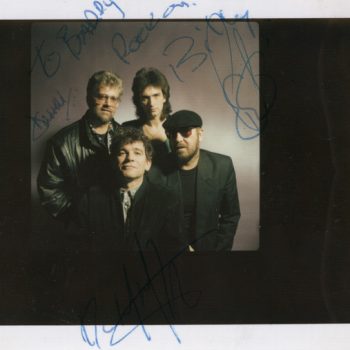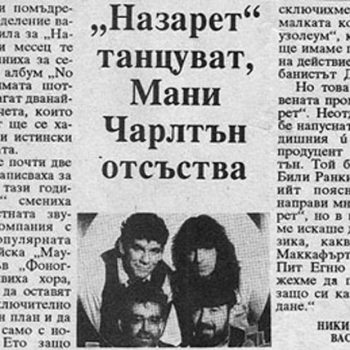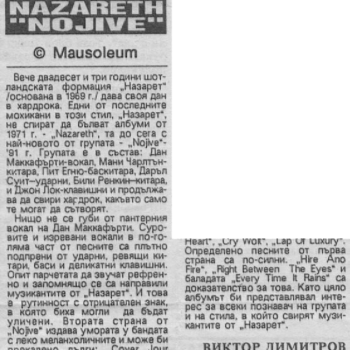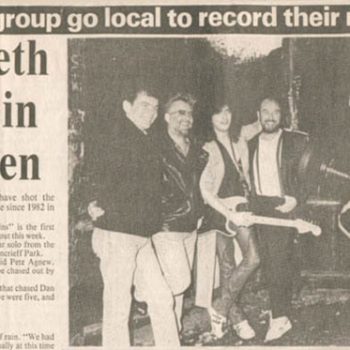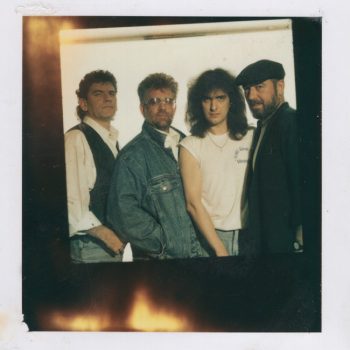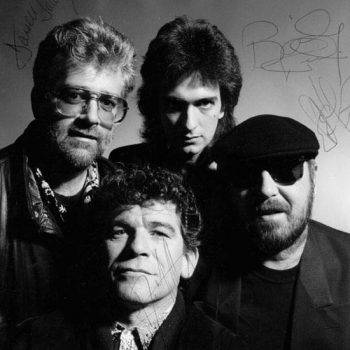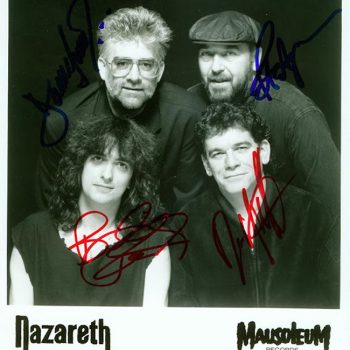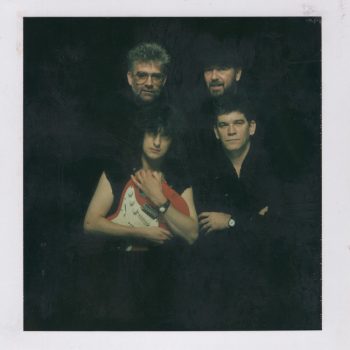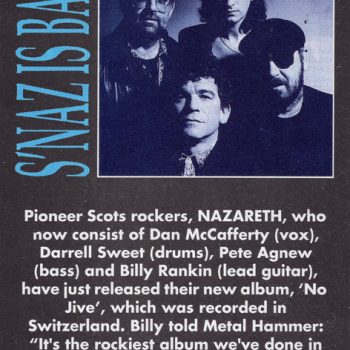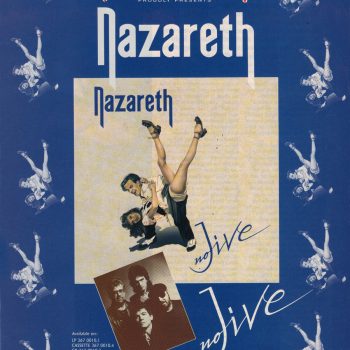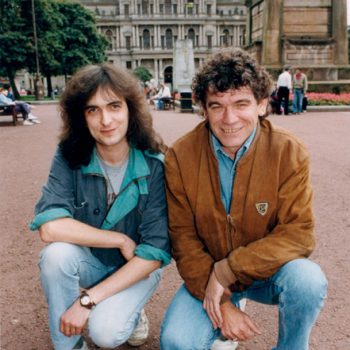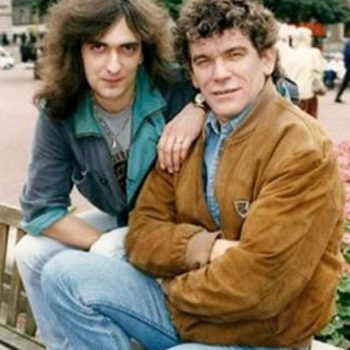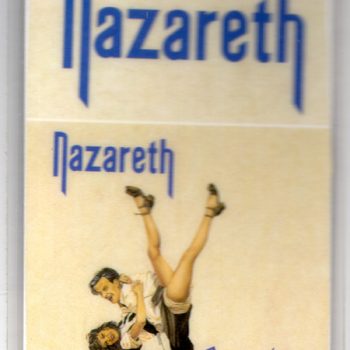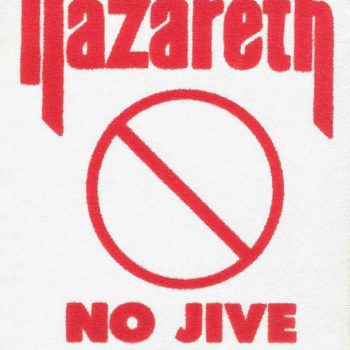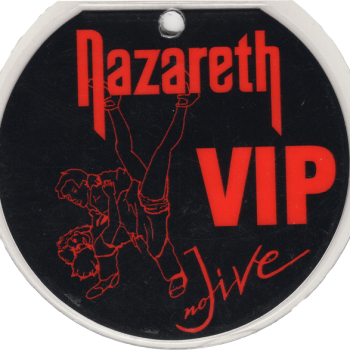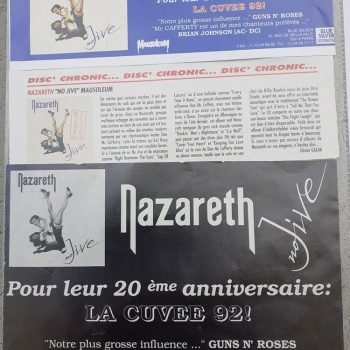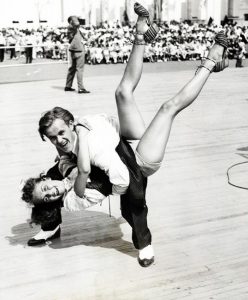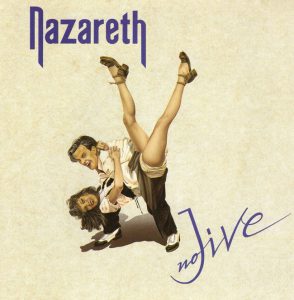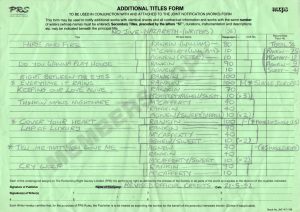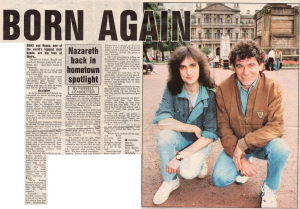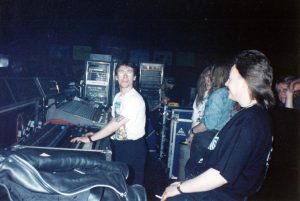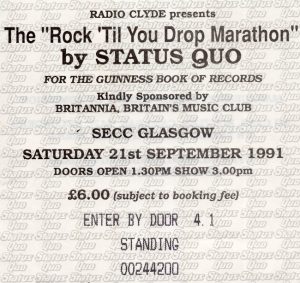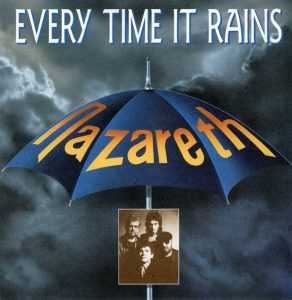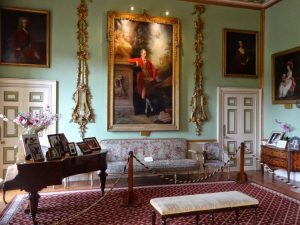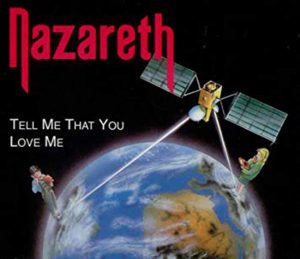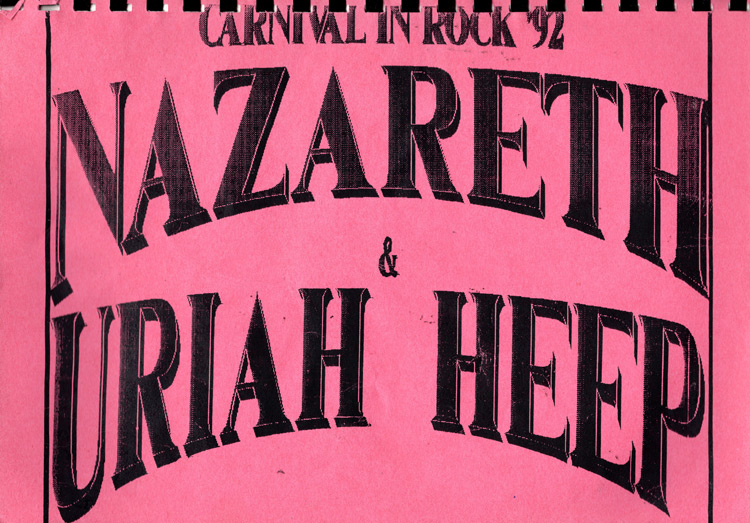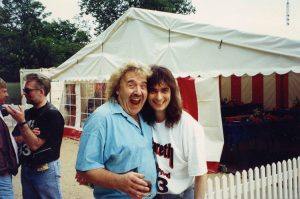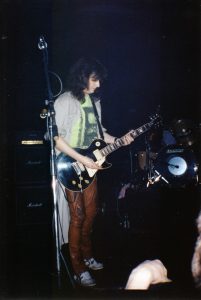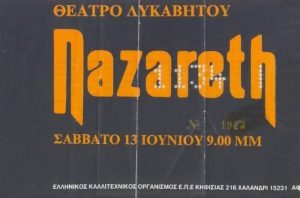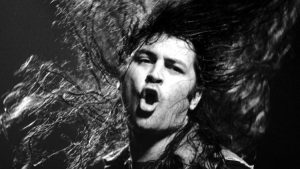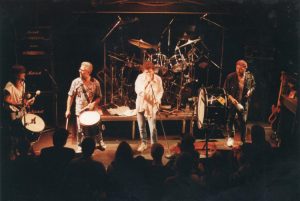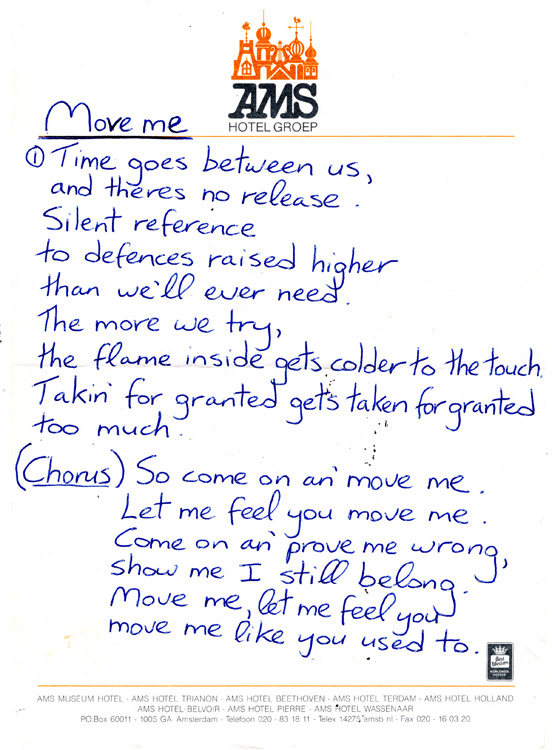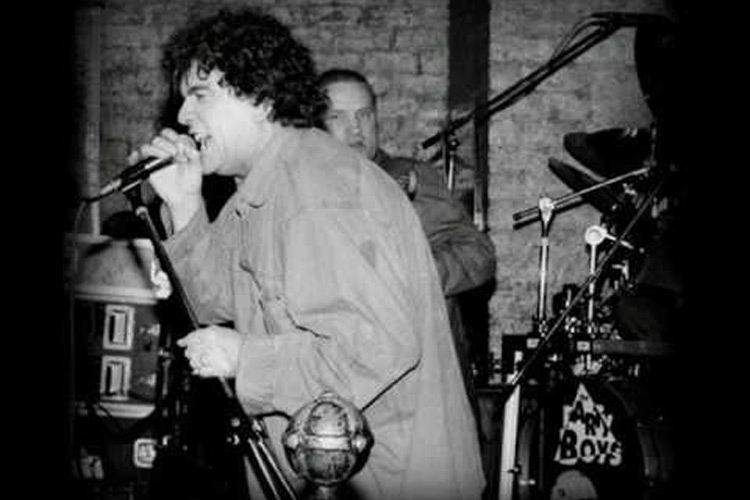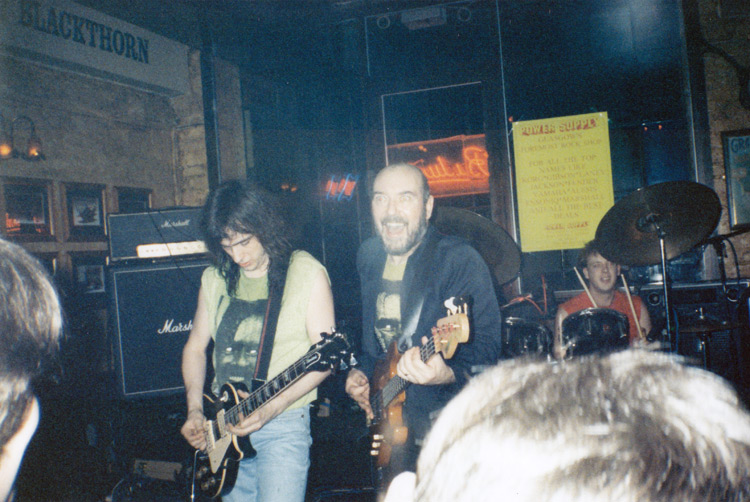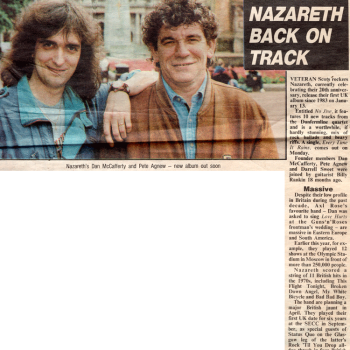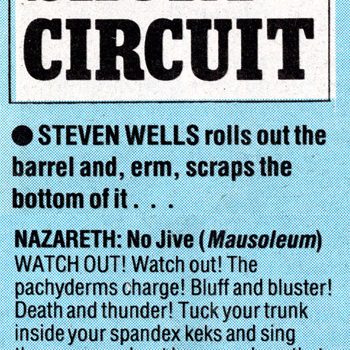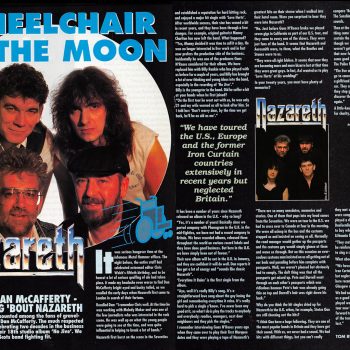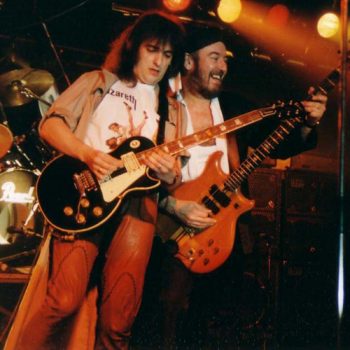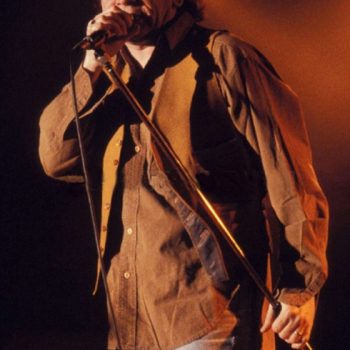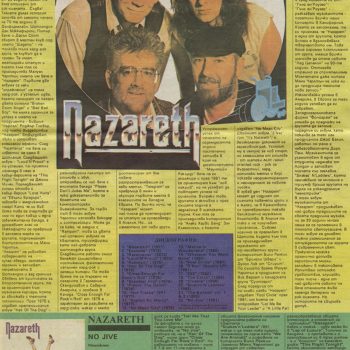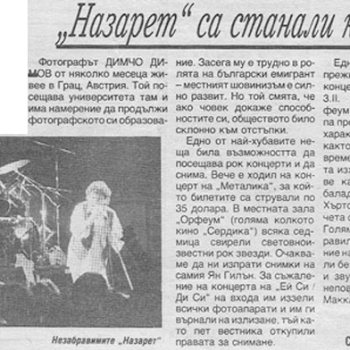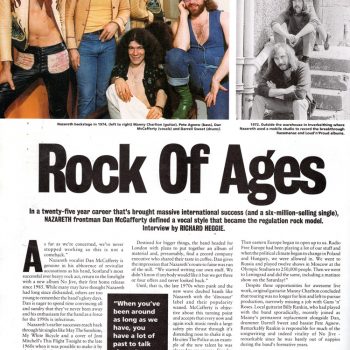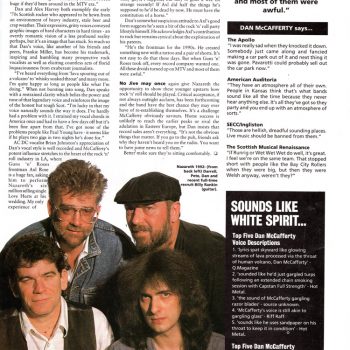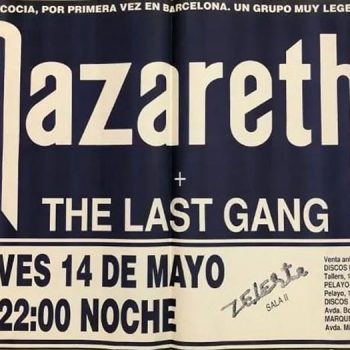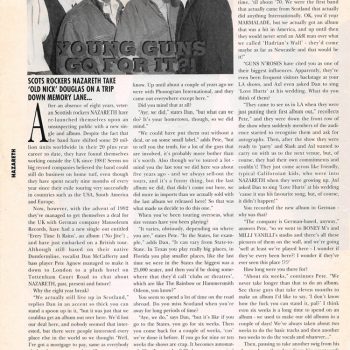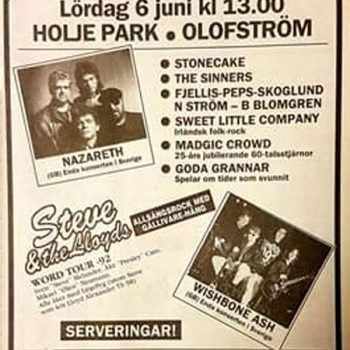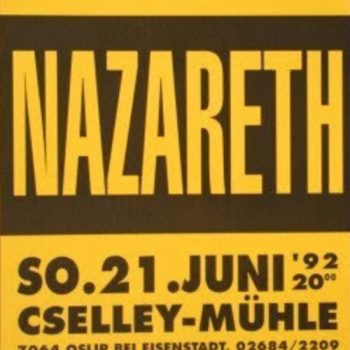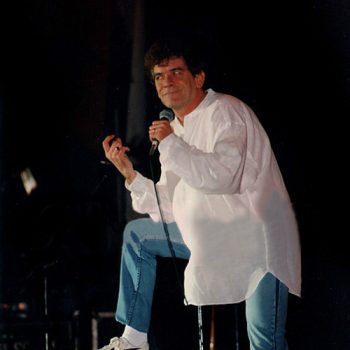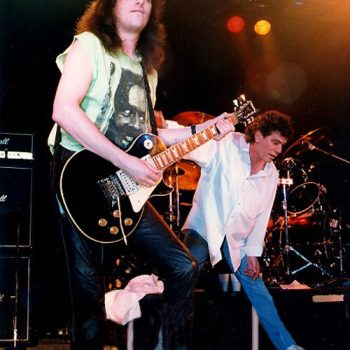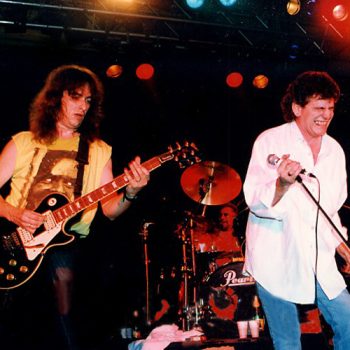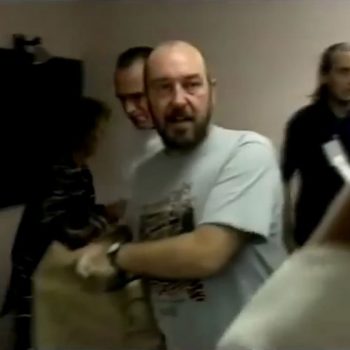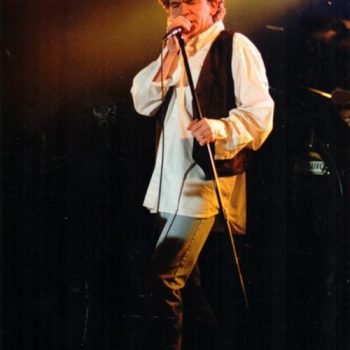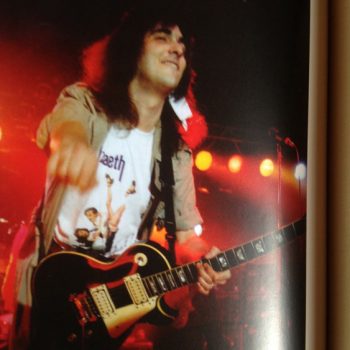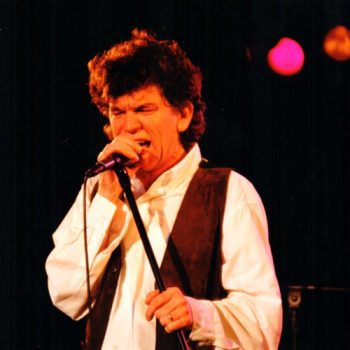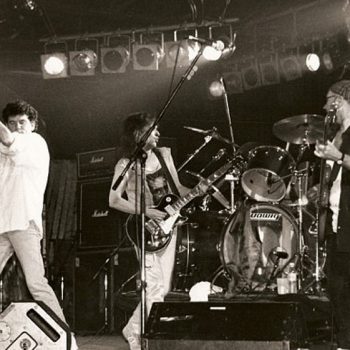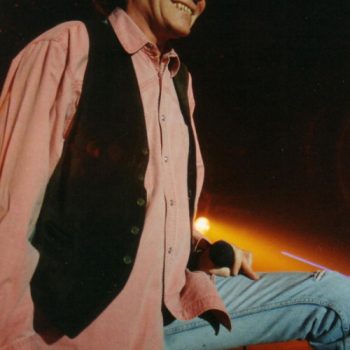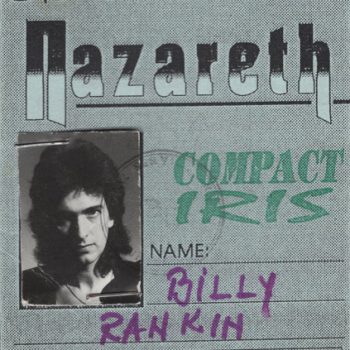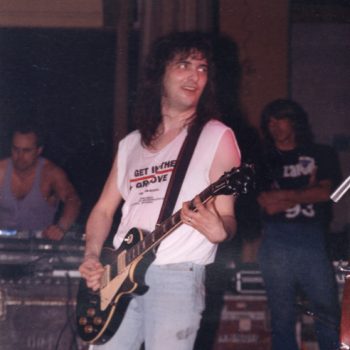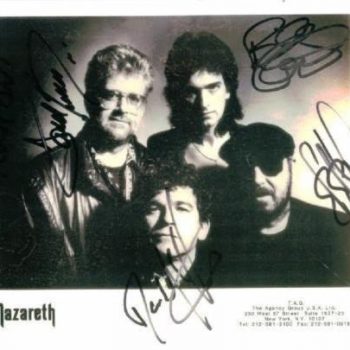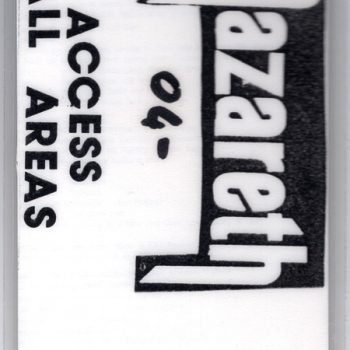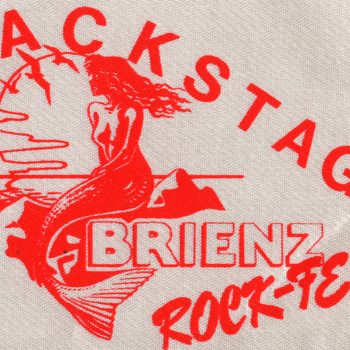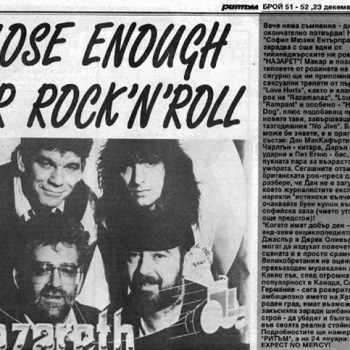Czech newspaper cutting August 1991
“Mausoleum? Isn’t that where they put dead folk?”
“Yes, Dan, but we’re signing with Mausoleum Records.”
“Isn’t that where they write doon the names of the dead folk?”
“Oofft, Pete! We have a winner!”
(Band meeting, Pitfirrane Arms Hotel, Dunfermline, April 1991)
The exact date of the conversation above is a bit hazy to me but must’ve taken place sometime after we’d gotten back from Zurich (14th April.) Regardless of the witty irony we displayed, this was an opportunity, no, the only opportunity Nazareth was given to release new music in early 1991.
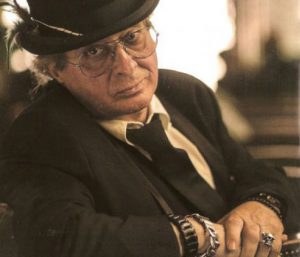
Mausoleum was formed in Belgium by Alfie Falkenbach and once named by Billboard as “One of Europe’s premier hard rock labels.” It has released quality records by LA Guns, Great White, Ian Gillan, Anvil, Warlock, Cinderella and even Molly Hatchet, who, like us, should be dead, but aren’t. Alfie offered the deal based solely on the demos we’d made plus my La Paz stuff and everything else Darrell could throw at them (including maybe recording an updated version of an old classic), so we couldn’t refuse. All that was required now was the other half of an album. We got to work at Shorty’s rehearsal studios and knocked out some tunes. Well, when I say got to work I mean we’d meet at the pub (I’d pick up Dan and Pete, Darrell would get there by cab) and wander down to where I’d set up the Portastudio and drum machine an hour or so later then see what happened.
A quick look at the writing credits for what was to become No Jive doesn’t tell the whole story. We’d already agreed to split the publishing income equally only after I’d insisted on at least being named for the songs I wrote this time around. The days of Dream On were behind us, (well Them at least) and nobody expected to make money out of this (and we didn’t.) There was no point in arguing over who wrote what. As it turned out, I wrote a lot of it and Dan, Pete and Darrell let me.
This was okay.
I remember, in particular, coming up with Do You Wanna Play House on the way to picking up Dan after listening to Thunder’s She’s So Fine in the car and blatantly stealing its whole structure. Lap of Luxury came about after Dan started the drum machine at the wrong speed when we’d just arrived at rehearsals together and I went all Black Sabbath on our Asses. Most memorable, however, was the one song in which I had absolutely no input. Pete started drunkenly chanting, “La, La, Dee, Dee, La, La!” to no one in particular and within minutes he and Dan were in each other’s faces insisting that they should Tell Me That You Love Me, which I have no doubt they still do. Armed with rough ideas I had for Hire And Fire (lyrics already written, as previously mentioned), Thinking Man’s Nightmare and Keeping Our Love Alive, we had almost enough material for the new album.
Almost.
If you listened to Darrell, then we already had the final track, but if you sided with Dan and Pete, we most certainly didn’t. For my part, I was, not unlike Derek Smalls in Spinal Tap: Between Fire and Ice. Or as Derek so splendidly put it, “Like a bucket of lukewarm water.” Or as all of my 3 bandmates would’ve agreed:
“Manny.”


